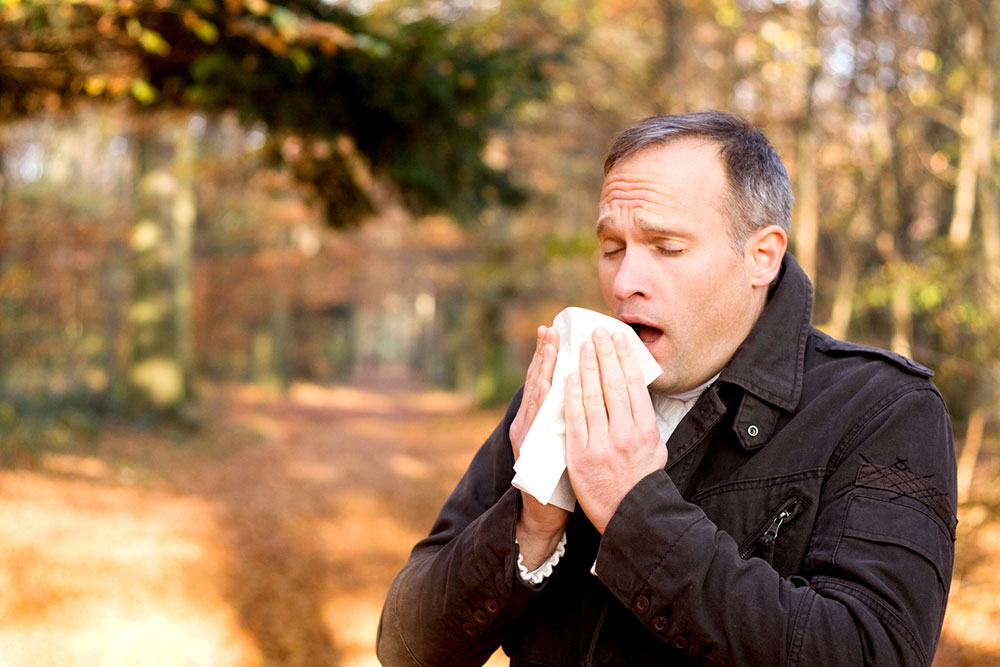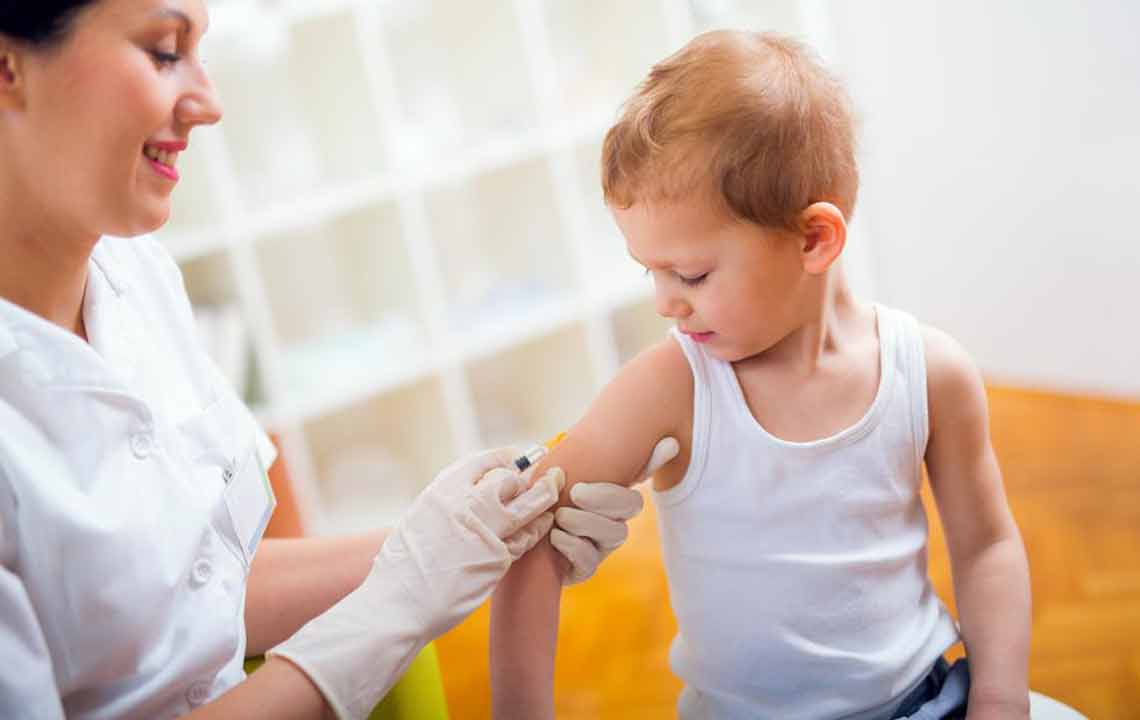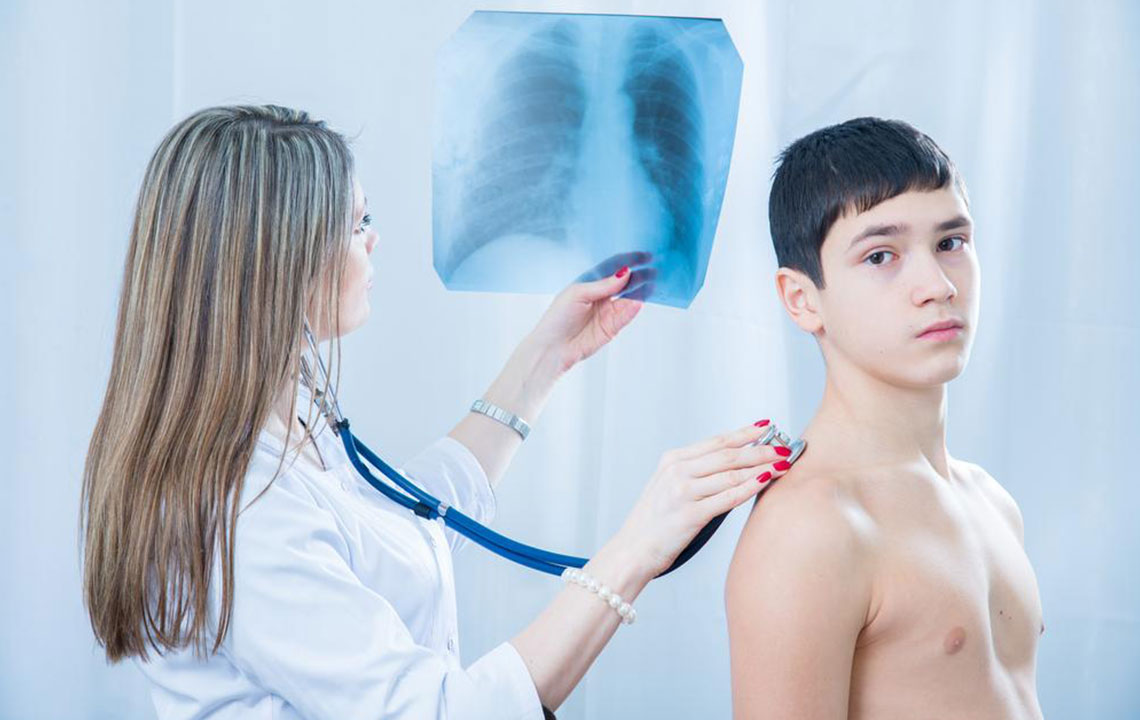Comprehensive Guide to Meningitis B: Risk Factors, Symptoms, and Preventive Measures
This comprehensive article delves into Meningitis B, exploring key risk factors such as age, immune status, and living conditions. It emphasizes the importance of timely vaccination, hygiene practices, and healthy living to prevent infection. Suitable for all, especially caregivers and high-risk populations, it provides practical prevention tips to reduce the spread and impact of Meningitis B. Learn how awareness and proactive health measures can save lives.

Comprehensive Guide to Meningitis B: Risk Factors, Symptoms, and Preventive Measures
Meningitis B is a serious bacterial infection that affects the protective membranes surrounding the brain and spinal cord, known as the meninges. This illness can lead to severe complications if not diagnosed and treated promptly. It is characterized by rapid onset symptoms such as high fever, intense headaches, neck stiffness, sensitivity to light, seizures, and sometimes a distinctive rash. Understanding the risk factors that contribute to the development of Meningitis B is essential for effective prevention and early intervention. By recognizing vulnerable populations and adopting robust protective measures, individuals and communities can significantly reduce their risk of infection.
Major Risk Factors for Meningitis B
Age-Related Susceptibility: Children, especially those under 20 years of age, are particularly vulnerable to Meningitis B. This age group’s developing immune systems are less equipped to fend off bacterial infections like Neisseria meningitidis, the primary causative agent. Infants and young children are at heightened risk due to their immature immune responses, making vaccination and preventive measures crucial during early childhood.
Lack of Early Childhood Vaccination: Receiving meningococcal vaccines during childhood is vital for building immunity against strains of bacteria responsible for Meningitis B. Children who go unvaccinated are at a higher risk of contracting the disease, which can progress rapidly and lead to severe health consequences.
Pregnancy and Related Risks: Pregnant women are more prone to certain infections, such as listeriosis, which can cross the placental barrier and cause bacterial meningitis in the fetus or newborn. Meningitis B can also adversely affect pregnancy outcomes, increasing the risks of miscarriage, stillbirth, or premature birth. Therefore, pregnant women should seek medical advice regarding relevant vaccinations and infection prevention strategies.
Compromised Immune Defenses: Individuals with weakened immune systems are at a significantly higher risk of developing Meningitis B. Conditions such as HIV/AIDS, diabetes, cancer treatments, and those without a spleen (asplenic individuals) are more vulnerable because their immune responses are compromised, making it harder to fight off dangerous bacterial infections.
Living in Close Quarters: Environments where people live in close proximity—such as university dormitories, military barracks, correctional facilities, and childcare centers—facilitate the rapid spread of bacteria like Neisseria meningitidis. The frequency and closeness of contact increase transmission risk, making effective preventive strategies vital in these settings.
Preventive Measures to Guard Against Meningitis B
Prioritize Good Hygiene Practices: Maintaining rigorous personal hygiene is fundamental. Wearing masks if you are feeling unwell can prevent bacterial transmission. Regular handwashing with soap and water, especially before eating or touching the face, is one of the most effective ways to eliminate bacteria. Also, clean and disinfect communal living spaces regularly to minimize bacterial load.
Strengthen Your Immune System through Healthy Living: A well-balanced diet rich in fruits, vegetables, whole grains, and lean proteins supports immune health. Staying hydrated, engaging in regular physical activity, and getting adequate sleep are also crucial for maintaining a robust immune response capable of resisting infections like Meningitis B.
Avoid Sharing Personal Items: Bacteria can spread through sharing utensils, drinks, lip balms, and other personal care items. To reduce the risk of transmission, individuals should avoid sharing such belongings and practice personal hygiene diligently.
Vaccination: A Key Preventive Strategy: Several vaccines protect against Meningitis B and are highly recommended for children, adolescents, and at-risk adults. Immunization is especially vital for those with compromised immune systems or living in high-risk environments. Consult your healthcare provider for vaccination schedules and recommendations.
Special Precautions for Pregnant Women: Pregnant women should ensure they follow strict food safety practices to prevent infections like listeriosis, which can lead to bacterial meningitis. All meats, including processed products like hot dogs, should be fully cooked, and dairy should only be consumed if pasteurized. Maintaining good hygiene and seeking timely medical advice can help protect both mother and baby.
By understanding these risk factors and adopting proactive preventive measures, individuals can significantly lower their chances of contracting Meningitis B. Public health authorities also play a vital role in promoting awareness, vaccination campaigns, and hygiene education to combat the spread of this life-threatening disease. Early diagnosis and treatment are critical for improving outcomes, so awareness of early symptoms and risk factors is essential for everyone.





